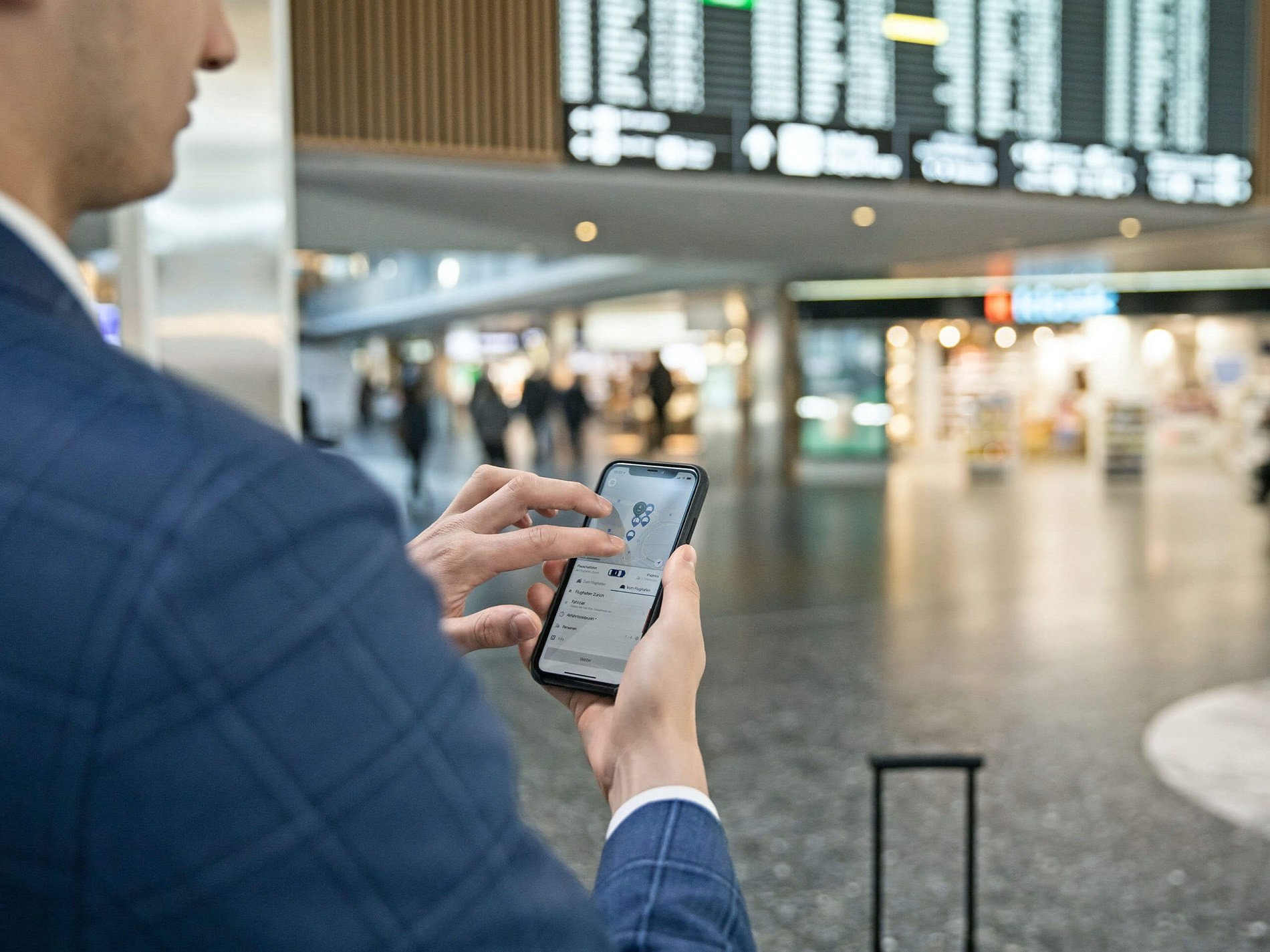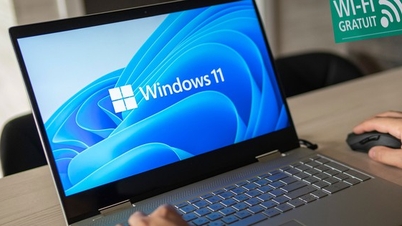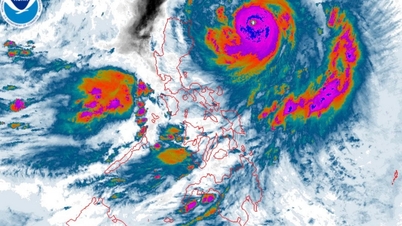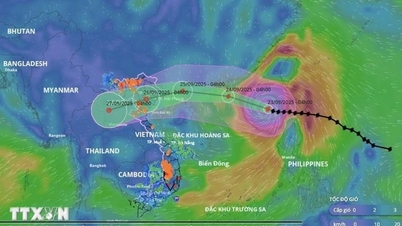An “Evil Twin” attack occurs when a hacker sets up a fake Wi-Fi network, often set up publicly, to allow as many users as possible to connect.
This summer, an Australian man was arrested for using this form of attack on domestic flights and at airports in Perth, Melbourne and Adelaide to steal social media or email login details.

As the public becomes more accustomed to free Wi-Fi everywhere, Evil Twin attacks will become more common, according to Matt Rodolec, Vice President of Cloud and Incident Response at data security firm Varonis.
One thing that makes Evil Twin so dangerous is its ability to be easily camouflaged. The device used in the attack could be very small and hidden behind a screen in a coffee shop, but it would have a big impact.
It serves up a fake version of a legitimate login website, tricking victims into entering their username and password. When nothing happens, people often assume that there is a problem with the Wi-Fi network and ignore it, unaware that their data is being collected.
People who have the habit of sharing information for many different accounts such as social networks, emails are very vulnerable. Once the information is exploited, it can be used to extract other data from the victim such as bank accounts.
Meanwhile, attackers only need less than 500 USD and some basic IT skills to take down users. They also do not need to fool everyone, just a few people fall for the trap to be considered successful.
Experts recommend that in public places, users should use mobile data, personal hotspots (mobile hotspots) if possible. In addition, VPN applications also add a layer of security because data to and from the VPN is encrypted.
To ensure safety when using public Wi-Fi, users should note a few points: turn off automatic network connection, turn off Blueooth when in strange locations, turn off file sharing, use VPN, do not access sensitive services such as banks or enter personal information, activate two-step authentication...
(According to CNBC)
Source: https://vietnamnet.vn/da-den-luc-canh-giac-khi-su-dung-wi-fi-cong-cong-2327420.html





![[Photo] Prime Minister Pham Minh Chinh chairs the first meeting of the Central Steering Committee on housing policy and real estate market](https://vphoto.vietnam.vn/thumb/1200x675/vietnam/resource/IMAGE/2025/9/22/c0f42b88c6284975b4bcfcf5b17656e7)
































































































Comment (0)